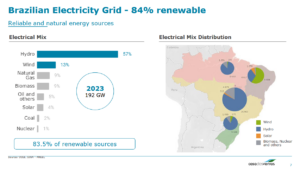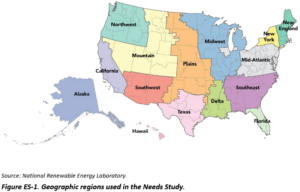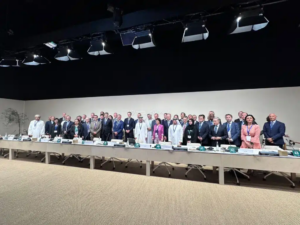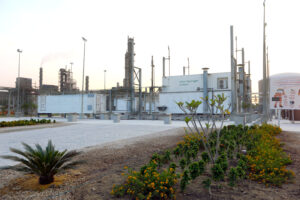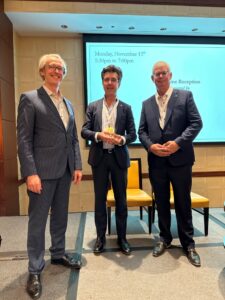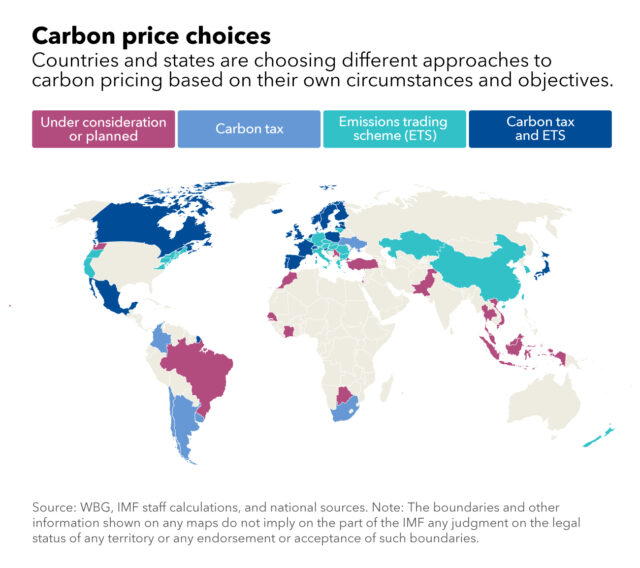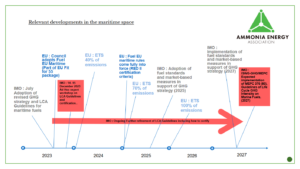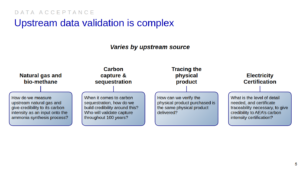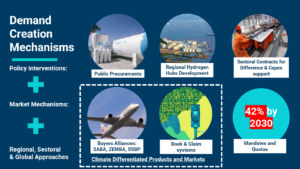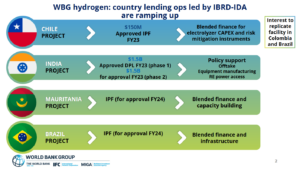Renewable ammonia exports from Brazil: Project Iracema
In our latest episode of Ammonia Project Features, we explored Project Iracema: a grid-connected, renewable ammonia production facility under-development in Pecem, northeast Brazil. To discuss Brazil’s unique electricity market, project details and the important role of certification to the project, AEA Technology Manager Kevin Rouwenhorst was joined by Jonas Rechreche (Proton Ventures), Matheus Kleming (Casa dos Ventos) and Ricardo Gedra (CCEE).
